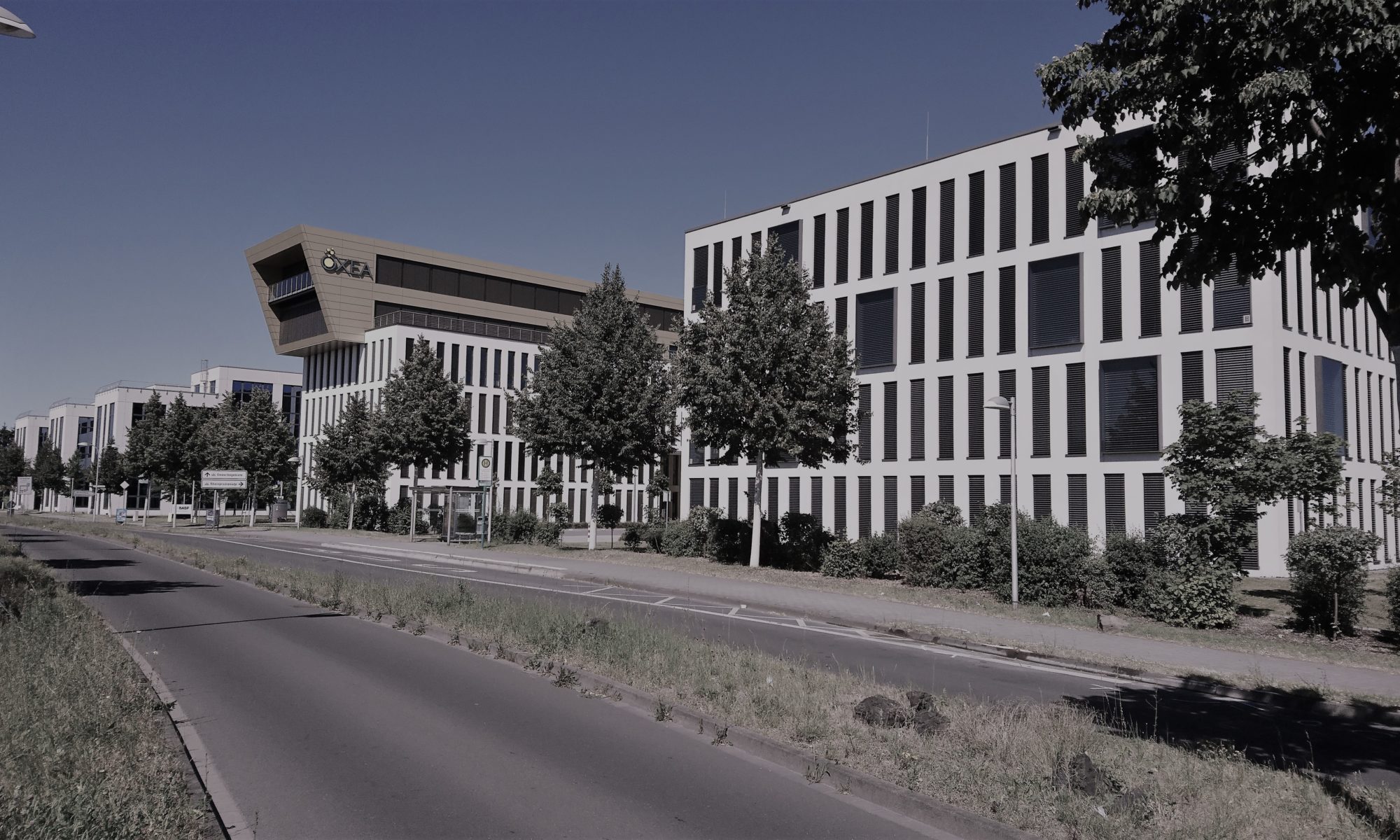Company transformations are possible in various forms. Conversions in the narrower sense are only those that are regulated in the German Conversion Act (UmwG). In addition, there are other constellations that have a similar effect to a reorganization under the Reorganization Act, but have a different legal structure. Important cases are:
Merger
In a merger, one company (absorbing company) takes over the entire assets and all rights and obligations of another company (transferring company). The transferring company ceases to exist. As compensation, the shareholders of the transferring company generally receive shares in the acquiring company. However, they can waive this right. In other constellations, too, no new shares in the acquiring company are granted, for example if a subsidiary company is merged into its parent company (so-called upstream merger).
Fission
Unlike a merger, a demerger does not involve the transfer of an entire company to another company. Rather, a transfer takes place in certain, clearly defined parts. There are different types of demerger:
Spin-off
A legal entity transfers individual assets or parts of operations to another (existing or newly founded) legal entity. Both companies remain in existence. The shareholders of the transferring legal entity receive shares in the acquiring legal entity as compensation if the parties involved do not exclude this (so-called “demerger at zero”).
Splitting
In a split-up, the transferring legal entity transfers its assets to at least two (existing or newly established) legal entities. The transferring legal entity ceases to exist (unlike in a spin-off!). The shareholders of the transferring legal entity receive shares in the acquiring legal entities as compensation if the parties involved do not exclude this (so-called “demerger at zero”).
Outsourcing
In a spin-off, a company transfers assets or parts of operations to an (existing or newly founded) subsidiary. The transferring company itself becomes a shareholder of the acquiring subsidiary. The shareholders of the transferring company do not participate in the acquiring company (unlike in a spin-off or split-up!). A special case of a spin-off is the spin-off from the assets of a sole trader. In this case, an individual transfers their company to a company, often a GmbH or GmbH & Co. KG.
Change of legal form
When a company changes its legal form, for example from a GmbH to a stock corporation or vice versa. The change of legal form preserves the identity of the company, i.e. it is the same company and all rights and liabilities remain the same. In order to protect creditors and legal transactions, the provisions on the formation of a company apply accordingly in some cases.
A special case is the cross-border change of legal form, which is usually associated with a transfer of the registered office, for example from a Dutch besloten vennootschap (BV) or a Luxembourg société à responsabilité limitée (s.à.r.l.) to a German GmbH or vice versa. Various requirements - including those of foreign and European law - must be observed. Furthermore, close coordination with the foreign advisors is required.
Reorganization measures outside of the German Reorganization Act
Various measures that are not regulated in the Transformation Act can nevertheless have a similar effect to a transformation:
An example of a GmbH & Co. KG is the transfer of all limited partnership shares to the general partner GmbH. This results in the termination of the limited partnership and the accrual of its assets to the general partner GmbH. Consequently, only the GmbH remains, which takes over the assets of the limited partnership. This measure has similar effects to a merger of the limited partnership with the GmbH or a change of legal form to a GmbH.
Another example is the non-cash formation of a GmbH by a natural person. In the case of non-cash formation, no cash contribution is made, but the share capital is provided by transferring assets to the newly formed GmbH. A non-cash formation by a natural person is comparable to a spin-off from the assets of a sole trader (see above).
The formation of a GmbH by shareholders of a GbR by way of non-cash formation has effects similar to a change of legal form if the shareholders of the GbR contribute their shares in the GbR to the GmbH as a non-cash contribution. As a result, the GbR ceases to exist and its assets and liabilities are transferred to the GmbH without further ado. A change of legal form in the narrower sense from a GbR to a GmbH is not possible under the German Reorganization Act.
Advantages of conversions
A particular advantage of reorganization measures compared to an individual transfer of assets is often the universal succession. This means that all rights and liabilities of the previous company are transferred to the acquiring/new legal entity without further ado. Creditors and contractual partners do not have to agree to this. The continuity of the legal and contractual relationships and of the company as a whole is maintained. Furthermore, many reorganization measures allow the book value of assets to be retained by the acquiring/new legal entity. Hidden reserves therefore do not have to be disclosed and taxed.

